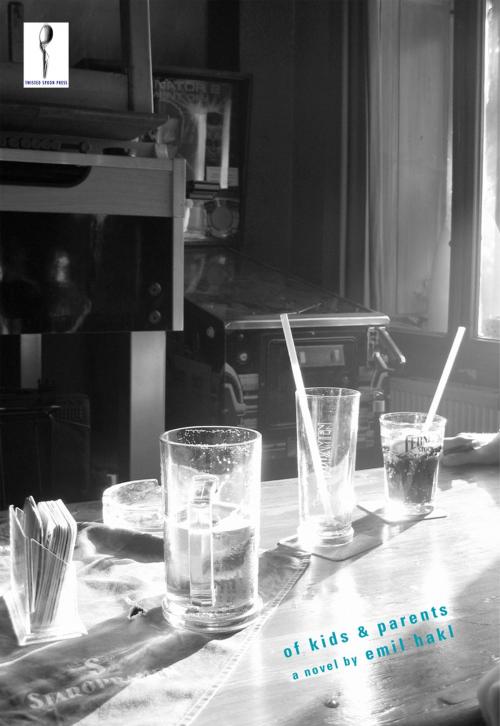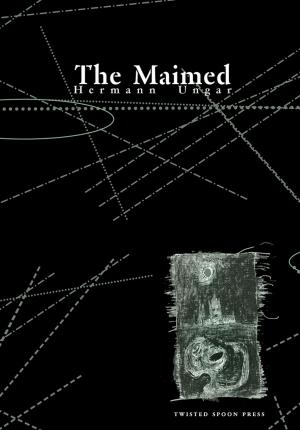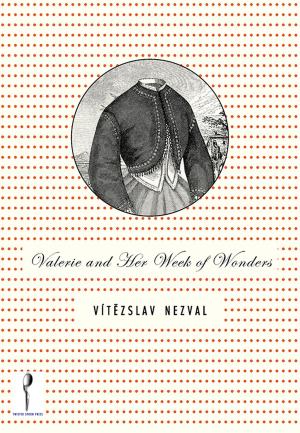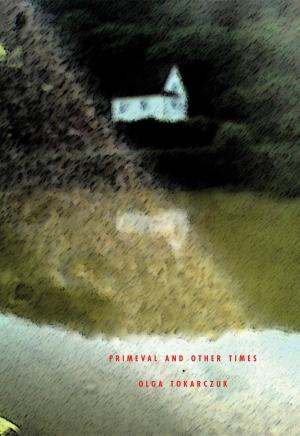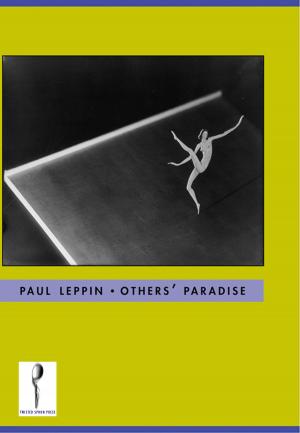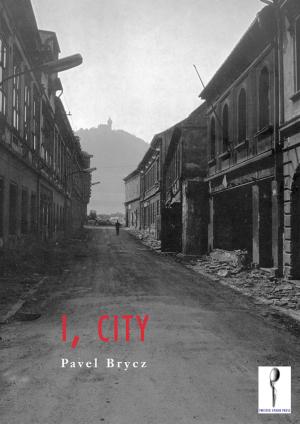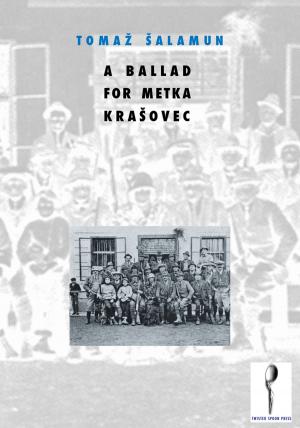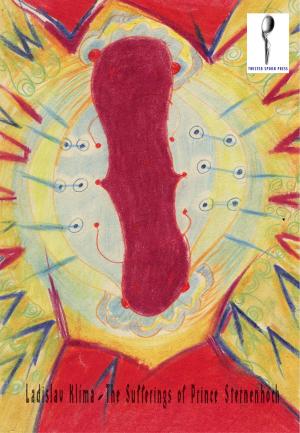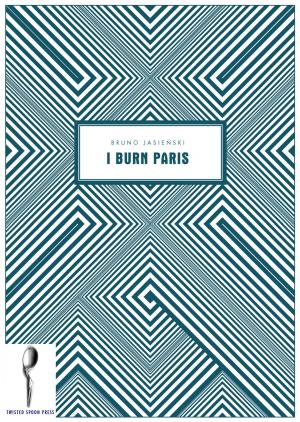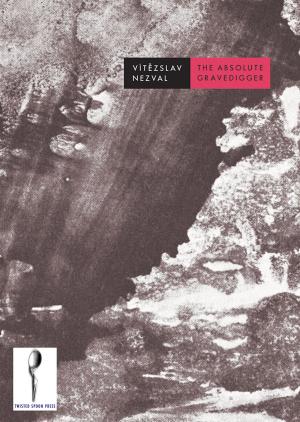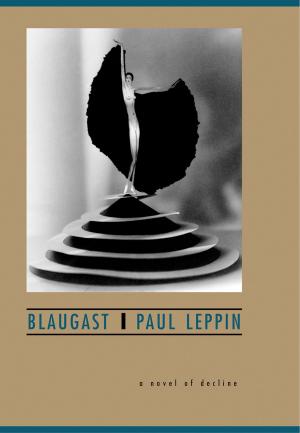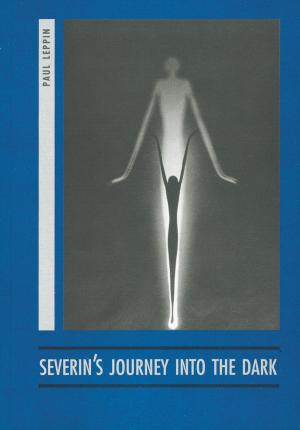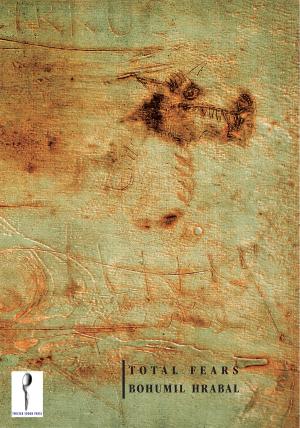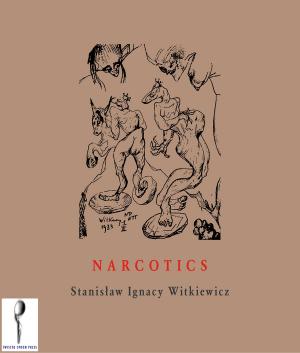| Author: | Emil Hakl | ISBN: | 9788086264783 |
| Publisher: | Twisted Spoon Press | Publication: | July 12, 2014 |
| Imprint: | Language: | English |
| Author: | Emil Hakl |
| ISBN: | 9788086264783 |
| Publisher: | Twisted Spoon Press |
| Publication: | July 12, 2014 |
| Imprint: | |
| Language: | English |
In Europe, taking a walk is a cultural phenomenon having an almost mystical import. It connects physical activity with meditation, inner silence with the outer tumult of the world. Taking its cue both from Joyce's Ulysses and Hrabal's freely associating stream of anecdote, Of Kids & Parents is about a father and son taking a walk through Prague, over the course of which, and in the pubs and bars they stop into, their personal lives are revealed as entwined with the past sixty years of upheaval in their corner of Europe. One's "small history" is shown to be inseparable from the large history played out on the world's stage: families are uprooted, relationships fail, jobs are gained or lost, and still life goes on. Hakl's genius is his ability to mesh the two into a seamless flow of dialogue.
The father tells his son: "Nothing's been new in this world for more than two billion years, it's all just variations on the same theme of carbon, hydrogen, helium, and nitrogen." Which raises the question: though Prague has witnessed various forms of government, wars, putsches, and revolutions come and go over the course of a century, what really has changed? On the personal level, the same mistakes are repeated over and over, a never-ending freak show.
In Europe, taking a walk is a cultural phenomenon having an almost mystical import. It connects physical activity with meditation, inner silence with the outer tumult of the world. Taking its cue both from Joyce's Ulysses and Hrabal's freely associating stream of anecdote, Of Kids & Parents is about a father and son taking a walk through Prague, over the course of which, and in the pubs and bars they stop into, their personal lives are revealed as entwined with the past sixty years of upheaval in their corner of Europe. One's "small history" is shown to be inseparable from the large history played out on the world's stage: families are uprooted, relationships fail, jobs are gained or lost, and still life goes on. Hakl's genius is his ability to mesh the two into a seamless flow of dialogue.
The father tells his son: "Nothing's been new in this world for more than two billion years, it's all just variations on the same theme of carbon, hydrogen, helium, and nitrogen." Which raises the question: though Prague has witnessed various forms of government, wars, putsches, and revolutions come and go over the course of a century, what really has changed? On the personal level, the same mistakes are repeated over and over, a never-ending freak show.
